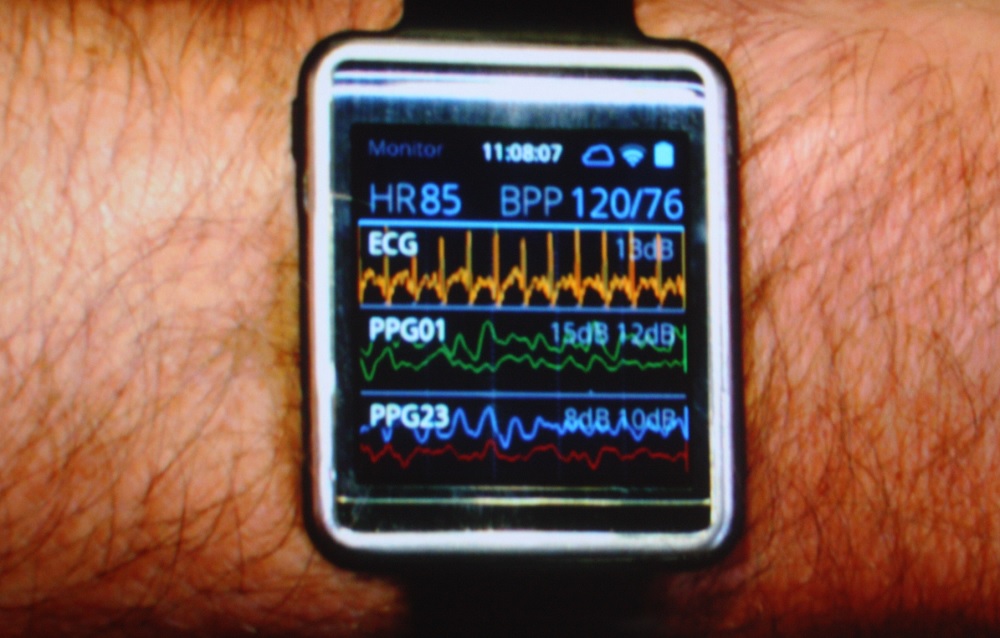Samsung Simband Looks to Shake-up Wearable Health Tech
One of the biggest potential applications of the "wearable tech" movement is the incorporation of health data tracking. At least that's what Samsung president Young Sohn believes.
One of the biggest potential applications of the "wearable tech" movement is the incorporation of health data tracking. At least that's what Samsung president Young Sohn believes. On Thursday, at Samsung's health conference "Voice of the Body," Sohn discussed the company's roadmap to put technology to work to help us live a bit healthier. Currently, we're in phase II of Samsung's tripartite plan.
At the broadest level, the company's ultimate goal is integration. Right now, users looking to keep themselves in the know about their own body need several devices that aren't always accurate. Data tracking and analysis could also use an update, according to Samsung. The company's current offerings, the Gear 2 and Gear Fit, really only monitor heart rate. Contrast that to the device that will spearhead phase III of their health-conscious plan: the Simband. It uses a variety of sensors to monitor oxygen levels, blood-pressure, temperature and heart rate, and displays all of that data with multiple graphs simultaneously.
Their goal is to dramatically improve how we as a society deal with our health. Samsung announced partnerships with major hospitals to help test the wristband for accuracy and utility. With the band also being built for 24/7 use, the hope is that it can be used in emergency situations to quickly help healthcare professionals respond to problems, and help recognize key warning signs.
Samsung wants these devices to be nearly universal and hopes to use biometric data to offer up a quick summary of overall well-being via their app, TicTrac. When combining that information with cloud data pulled from other users, Samsung believes we could see a revolution in preventative medical care. For now, though, the sensors need to be more accurate and more reliable. Still, the future may well be healthier than we all thought.
Get Tom's Hardware's best news and in-depth reviews, straight to your inbox.
-
house70 I wonder how it will achieve blood pressure readings (and accurate, at that). All the other things can be easily measured accurately (as in, professional-grade readouts that can be used by professionals just in case).Reply -
dthx Ouch... Poor doctors !Reply
Now the patients will think that they can measure the vital parameters better than them thanks to their smart wristband (because it's in color and the stupid doctors only measure with a black and white display) ... but they will certainly not forget to annoy the doctors with stupid questions (why am I still alive?) everytime their watch misses a heartbeat ;-)
